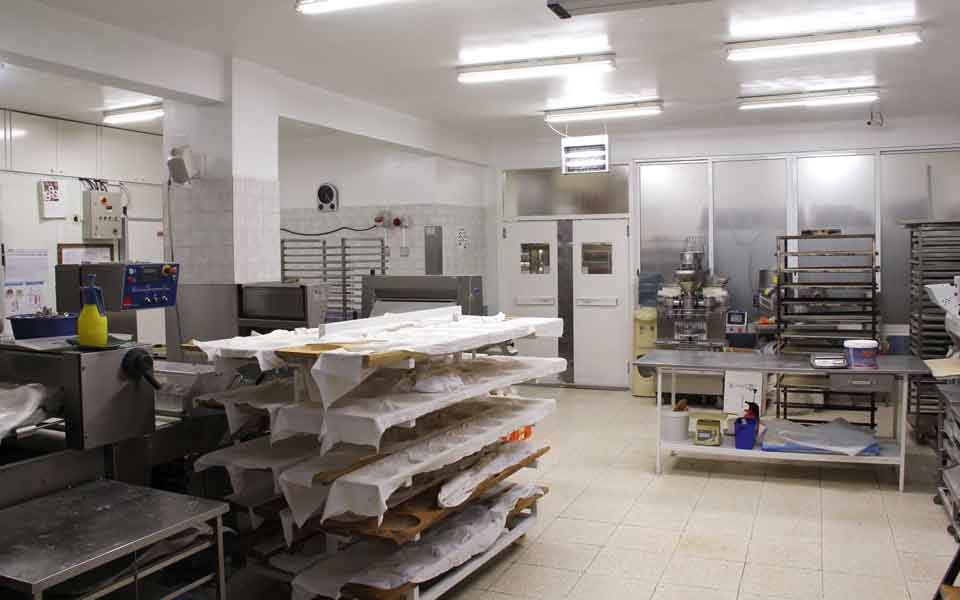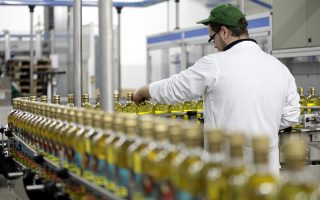Delivery delays, price hikes worrying firms
Manufacturing faces shortages in raw materials, which are also expensive when they arrive

Greek manufacturing is suffering not only due to the soaring rates of commodities, but also as a result of delays in deliveries of raw materials; this is upsetting the production process just as the local industry had started recovering from its slump.
The latest data from the purchasing managers index (PMI) that IHS Markit collects are revealing regarding the obstacles that delivery delays raise to the procurement of supplies in the local industry. The index reading in September was 58.4 points, slightly lower than August’s 59.3 points.
IHS Markit notes that “the output growth rate was the second fastest recorded since April 2019, even though it has weakened because of the shortages in raw materials that have contained production capacity.” It adds that “the constant increase in new orders and the continuous significant shortages in materials in September led to the strongest increase in unprocessed works ever recorded in this research.”
According to the competent economist at IHS Markit, Sian Jones, industrial output in Greece is expected to record an annual increase of 6.6% for the whole of 2021, while the increase in production may continue to be contained in the last quarter of the year as long as the supply chain remains unreliable.
When the raw materials do arrive, their price is often prohibitive for any profit margins, though: The hikes in materials’ rates, as well as in energy and shipping costs, leave little room for competitiveness. Although the losses they generate could be offset by the increased volume of orders companies are receiving thanks to the restarting of the economy within and outside Greece, businesses are unable to process the orders in time.
For instance, the rise in polypropylene has worried a series of manufacturing companies; not only firms such as Thrace Plastics are being forced to raise their own prices, but other businesses such as soapmaker Papoutsanis are facing the dilemma of whether they should absorb the hikes themselves to remain competitive.





